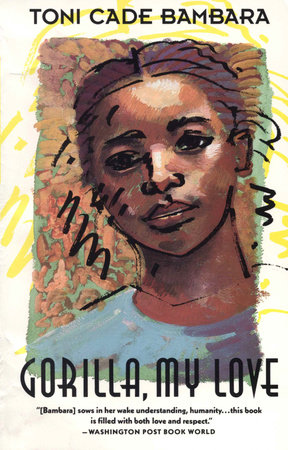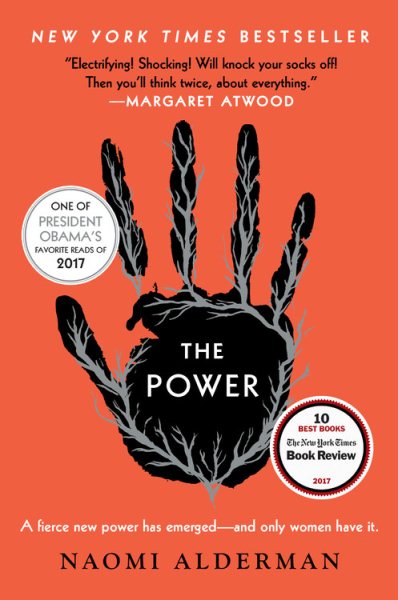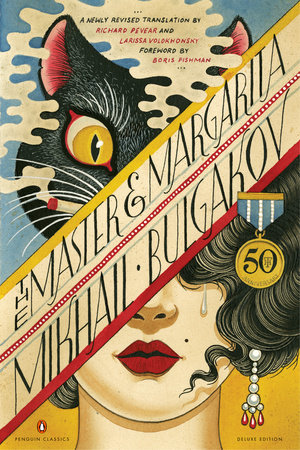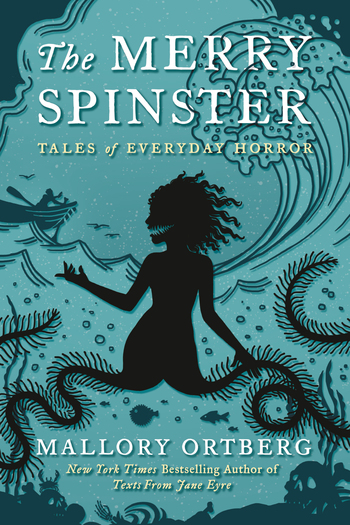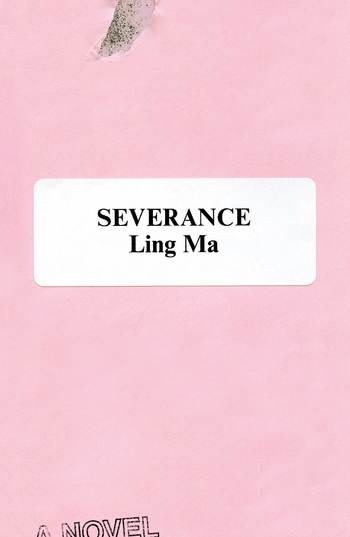Reading Lists
‘Lord of the Flies’ Is Fired
In the latest installment of Fire the Canon, our panelists suggest alternatives to William Golding’s schoolboy dystopia

William Golding’s 1954 novel about a group of schoolboys marooned on an island is a masterful fictional take on how societies are built and broken—if you happen to look like the people in charge of society already. What would happen if not everyone on that island was a prep-school white boy? What would happen if nobody was?
Supposedly there’s an all-girls adaptation of Lord of the Flies in the works, an idea that was roundly pilloried on social media but actually has some merit. In the meantime, though, is there a book high school students should be reading that addresses the same issues in a slightly less rarified way?
Fire the Canon is Electric Lit’s limited series on making the standard high school syllabus more inclusive. In this edition, our panel of writers and educators — high school English teacher Larissa Pahomov; National Book Award finalist Carmen Maria Machado; writer Jaya Saxena, who among other things wrote a series about classic children’s literature on The Toast; and writer and professor Kiese Laymon — suggest alternatives and supplements to Lord of the Flies.
Kiese Laymon suggests: Gorilla, My Love by Toni Cade Bambara
This is the most impactful book of fiction I’ve ever read. And somehow, she masterfully creates a collection of characters who all get space, all get interiority and all get hefty amounts of subtext. And when they talk, they talk. And we do more than listen; we move. We run. We get squeamish. We cover our eyes. We bring the book to our literal hearts. It’s a different kind of survival book. And it is everything to me.
Larissa Pahomov suggests: The Power by Naomi Alderman
I teach Lord of the Flies to high school sophomores. Every year they agree that boys can get violent — and every year they disagree about whether the story would have been different if girls had been present on the island. Would a female presence have turned the boys towards care and cooperation? Or would the girls have been crushed by the male desire to kill? In these discussions, my students automatically assume that female behavior is kind and conciliatory. We assume that the boys have the upper hand because they have the male privilege of larger bodies. Naomi Alderman’s much-heralded book blows this assumption out of the water by giving women the physical power to dominate. The experiment that William Golding ran in isolation now happens all over the world — what happens when the rules can no longer be enforced?
‘The Power’ Is the Perfect Book for the #MeToo Movement
Carmen Maria Machado suggests: The Master and Margarita by Mikhail Bulgakov
When I first read The Master and Margarita a few years back, I had two thoughts: This is one of the best novels I have ever read. And: Why did no one make me read it in high school? A razor-sharp Soviet satire, this book is metal as fuck: The devil comes to Moscow, wrecks havoc, and holds a ball where most of the guests are murderers who ended up in hell. Also, the titular Margarita covers her naked body in magical lotion, becomes a witch, turns another woman into a witch, and flies into the night. Also, there’s lots of dark humor, a talking cat, a bunch of demons, a story-within-a-story about Pontius Pilate, tons of weird slapstick, and a love story. And Margarita is a feminist heroine for the ages.
It’s weirdly accessible for a book with so many moving parts, and students would respond beautifully to its chaotic beauty, fabulist impulses, and sharp societal criticism.
Jaya Saxena suggests: The Merry Spinster by Daniel Mallory Ortberg
Lord of the Flies is, if anything, a fable — these were never supposed to be real boys, this is an elaborate metaphor about the dark heart of the human psyche. So what better to replace it with than dark fairy tales? The Merry Spinster is full of stories of people, and animals, and mermaids, vying for power and pressuring each other into doing their bidding under the guise of peaceful civilization. Ortberg also swaps out typically pairings of pronouns and gendered words, so that sisters are “he” and princes are “she,” forcing the reader to reconsider their own assumptions of power and privilege. And if the allegory still isn’t clear, you can always show students that one Simpsons episode where they all get stuck on an island.
Electric Literature staff suggests: Severance by Ling Ma
Listen, are we just suggesting Severance to everyone, because everyone in the office read and loved it? Yes, sure. But also, post-apocalyptic novels are perfect crucibles for imagining what happens when the rules we operate under break down. What this particular novel of post-plague America has over Lord of the Flies is that it envisions how we might relate to the destruction of society (and especially postcapitalist society) not only as a group, but also as individuals. What happens to a person’s thoughts, routines, and priorities when they’re abandoned by the systems they relied on?




